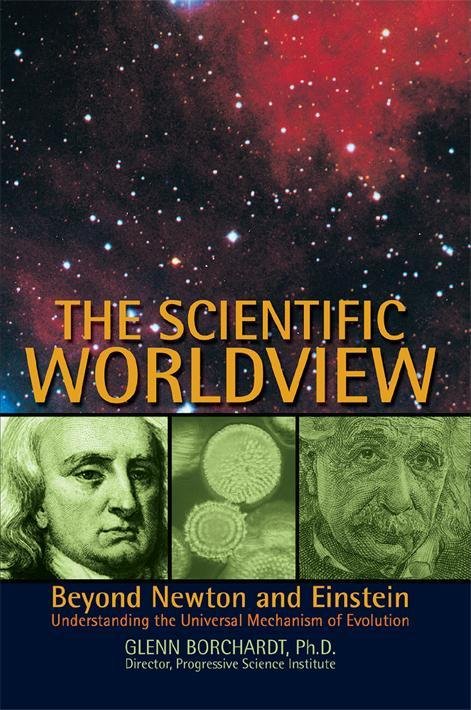The New York Times, venerable supporter of the Big Bang Theory, is getting deeper and deeper into the intellectual mess it had no little hand in creating. The absurdities are piling up in the form of brains running around naked through the universe with the possibility of reincarnation thrown in for good measure:
http://www.nytimes.com/2008/01/15/science/15brain.html?_r=1&oref=slogin
How long before the NYT finally realizes that it is riding the wrong horse?
20080115
Subscribe to:
Post Comments (Atom)










3 comments:
I see no problem with the article. It's a relatively balanced account offering multiple interpretations of an assorted variety of professionals in the field of astrophysics. It's a healthy "univironment" for intellectual discussion, since it raises numerous possibilities and leaves no easy answers. It creates countless hypotheses, many of which can be tested experimentally (if not now, at least some time in the future).
Wow! You don't see a problem with naked brains running around the universe! Good luck with that! The "multiple" interpretations you see in the NYT definitely are "healthy" for religion, but definitely not for science. The article just shows how the indeterministic logic underlying the BBT leads to the craziest ideas that only an idealist could love.
You seem to be falling victim to your own demons. "Religion" has many definitions, but what distinguishes it from simply "spirituality" is dogma, a canon of beliefs that cannot be questioned.
Science differs from religion, not so much by assertions, but by approach. In science, it is acceptable to assert anything... provided there is evidence. The "naked brains" idea is no doubt weird, but then again, so is a universe that goes on forever and ever. At least a naked brain can be imagined. I can't imagine "forever," because it is not a finite conception, and the mind only deals in finitudes.
Multiple interpretations are the food of science. Multiple interpretations are made, evidence accumulates, and eventually only one approach seems valid. Nevertheless, as more knowledge is accumulated, that one idea will itself divide into a new multiplicity, which must then undergo the same procedures of correction.
There is no dogma in science. Even your own, rather unusual scientific philosophy asserts the primacy of uncertainty.
Naked brains are possible. You haven't considered that there may be regions of the universe (which you claim is infinite) that support that kind of organization of microcosms. Maybe not here, but maybe many lightyears away.
Post a Comment